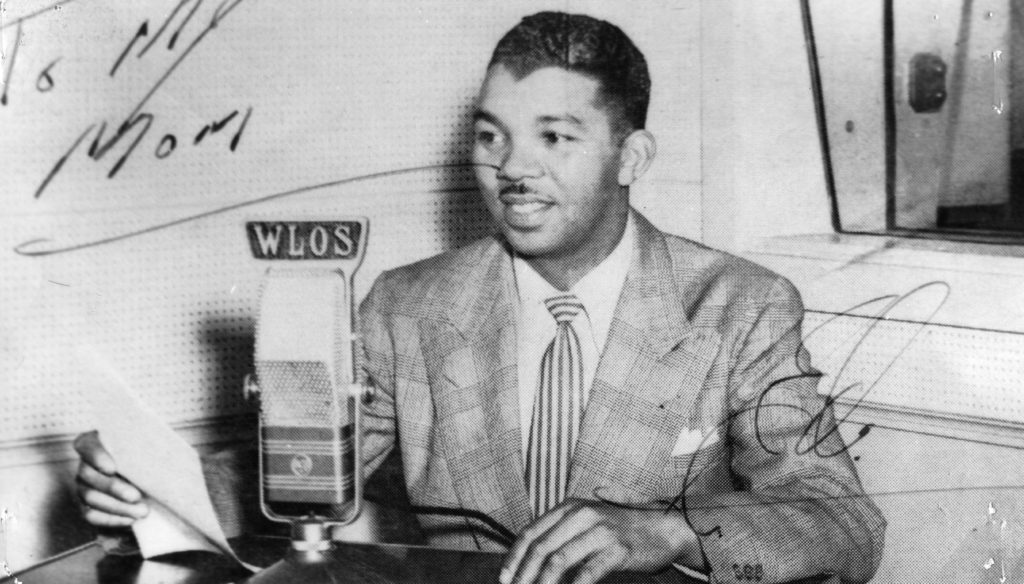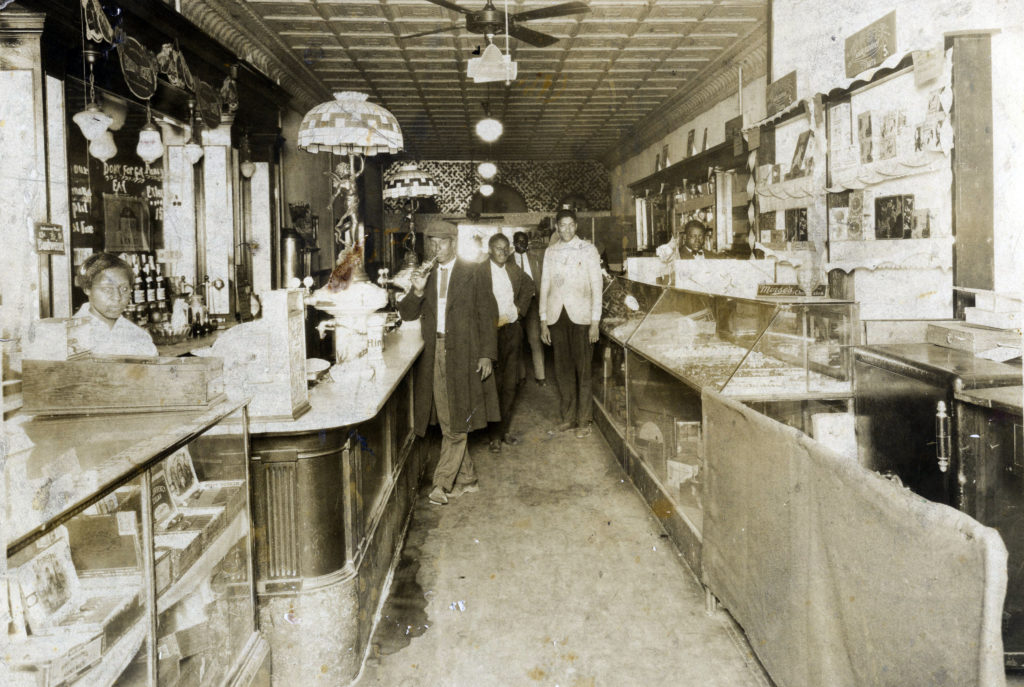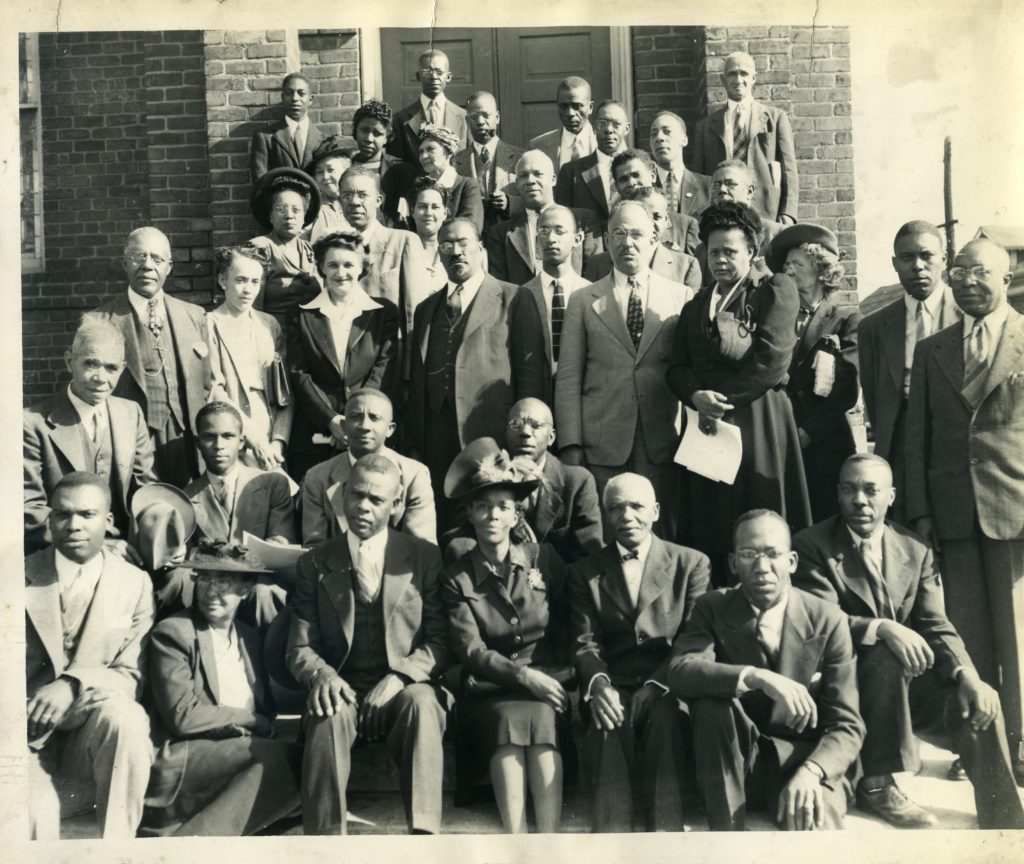The month of October is considered Archives Month across the nation and the theme for the upcoming year is Activism and Social Justice in North Carolina. The purpose of Archives month is to raise awareness in the Archives and what better way to do so than to spotlight Archival collections that illustrate a passion for local activism. Our Special Collections and Archives staff are members of the Society of American Archivists, as well as the Society of North Carolina Archivists, and we are excited to participate in Archives month as well.
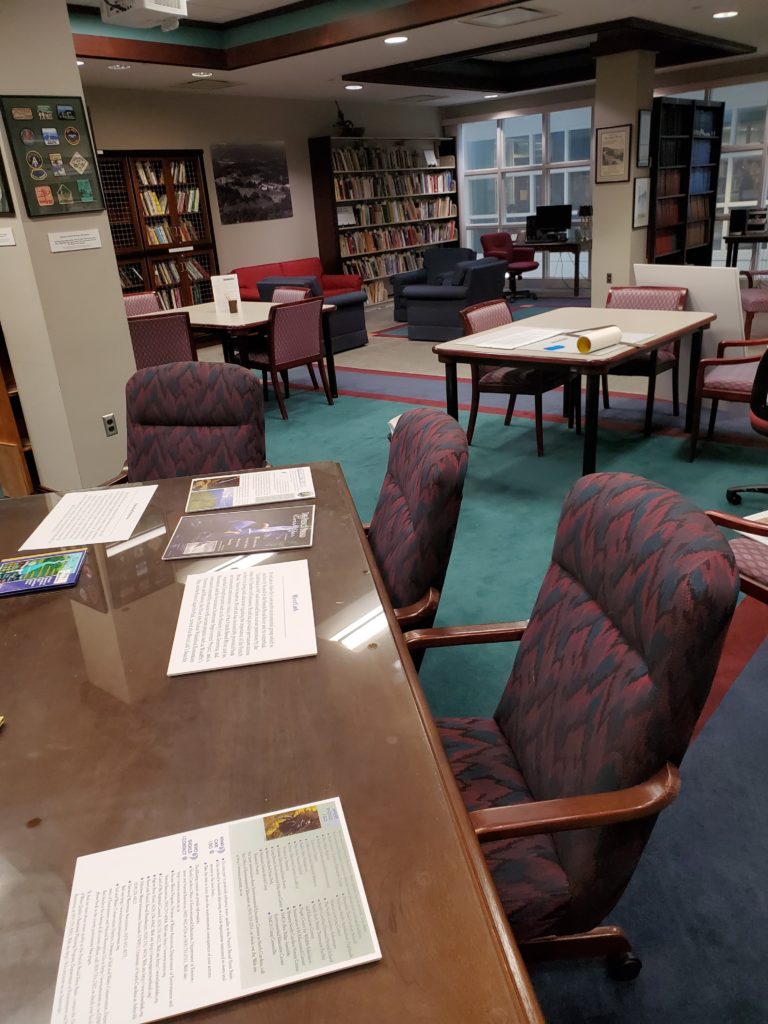
On that note, UNC Asheville’s Special Collections received a collection from RiverLink in 2017, and in 2018 the collection was processed by both staff members and interns. The collection has an online finding aid and is available for researchers to use. Special Collections will also be receiving additional material from RiverLink, which we will add to the collection soon. And since it is Archives month and this collection is an excellent example of a local activism group, let’s take a closer look at RiverLink and the new exhibit we just installed regarding their collection.
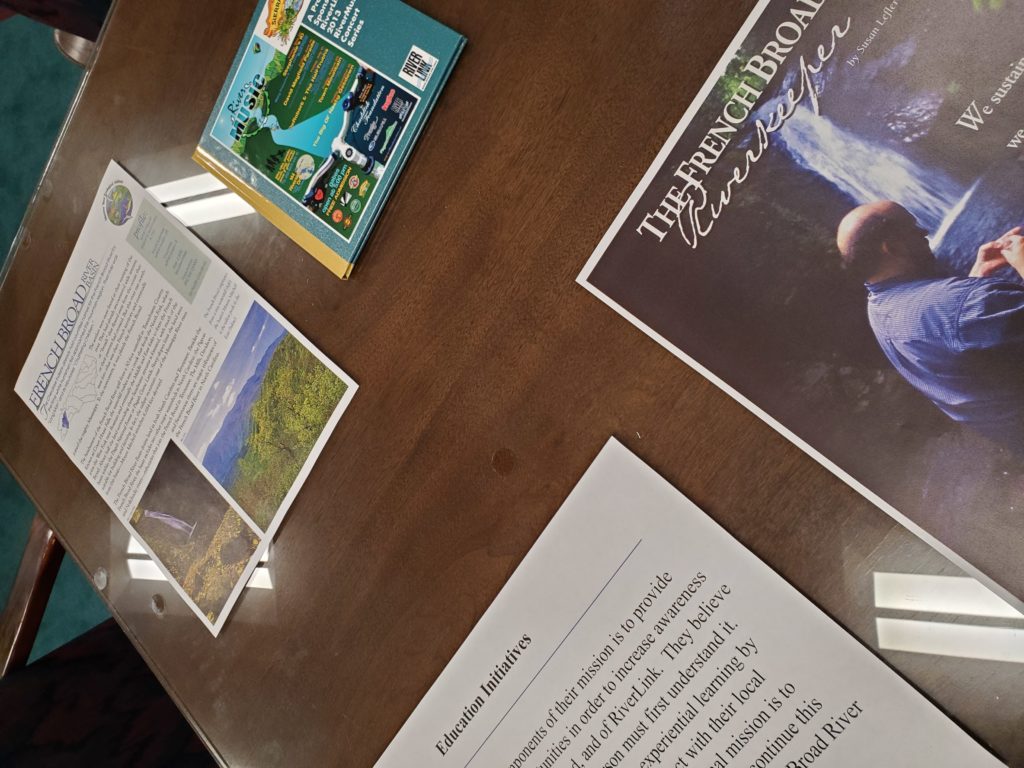
RiverLink is an organization in Asheville that for more than three decades has protected the French Broad River and its watershed. The non-profit environmental group was formed in 1987 by the Asheville Chamber of Commerce and thru the vision of Karen Cragnolin, who remained RiverLink’s director for 30 years. RiverLink’s history, based on the ties the Asheville area has had with the French Broad for thousands of years, is a rich story of community activism.
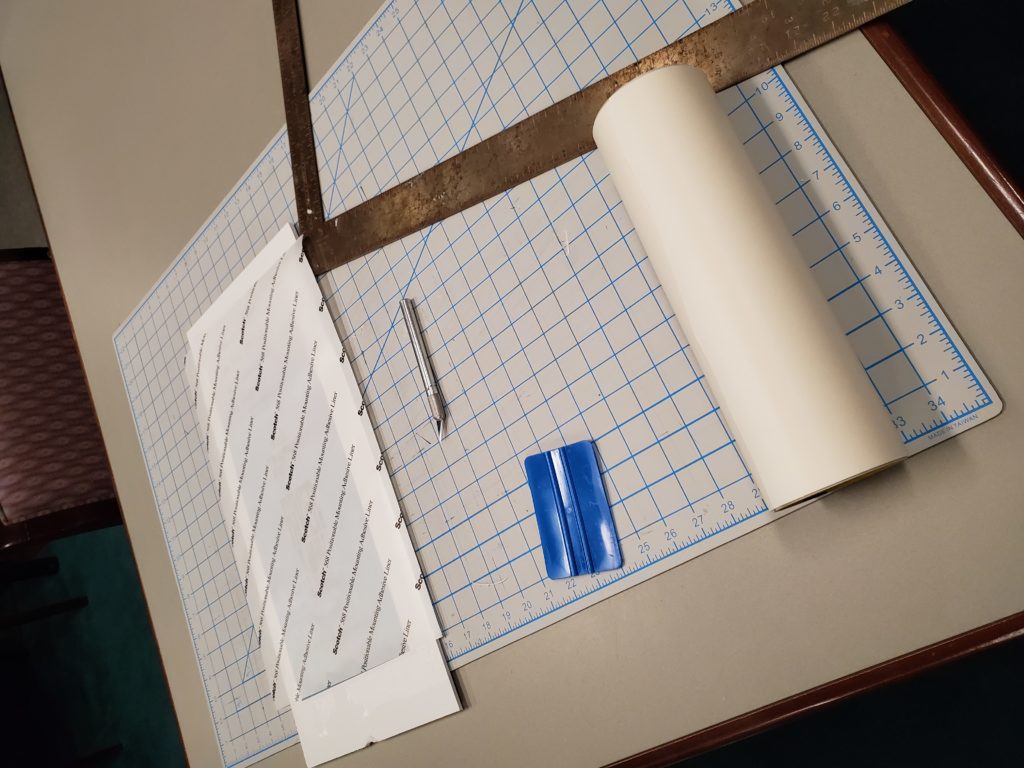
RiverLink’s primary goal is to provide permanent access to the river for the public and to educate individuals and groups on the importance of the river and its watershed. Since its inception, RiverLink has successfully promoted the environmental and economic vitality of the river through a variety of initiatives, including community-based projects such as the development of Greenways and Blueways, riverbank restorations, and watershed plans.
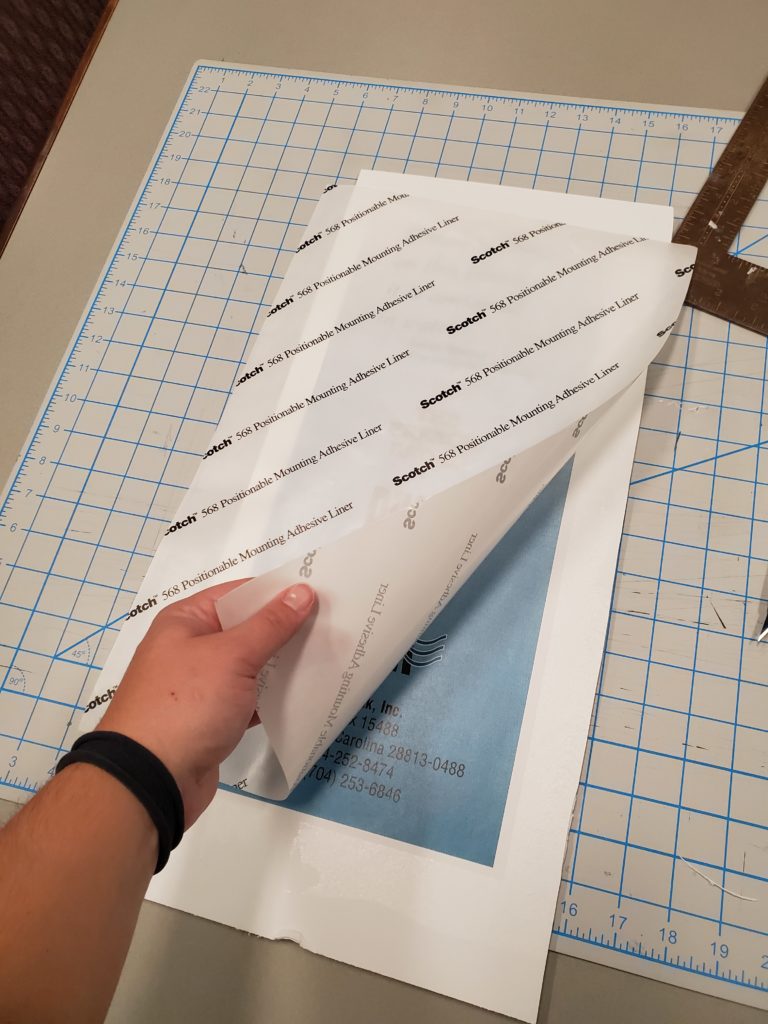
Education of the public remains a core component of RiverLink’s program. The various educational programs they lead, including the French Broad RiverCamp and Voices of the River: Art and Poetry Contests, focus on hands-on learning in order to empower the next generation of youth to protect the French Broad. RiverLink also partners with various other groups in order to create a collaborative of educational opportunities, including groups such as the North Carolina Arboretum, Asheville GreenWorks, and in the past, groups such as the Southern Appalachian Forest Coalition.
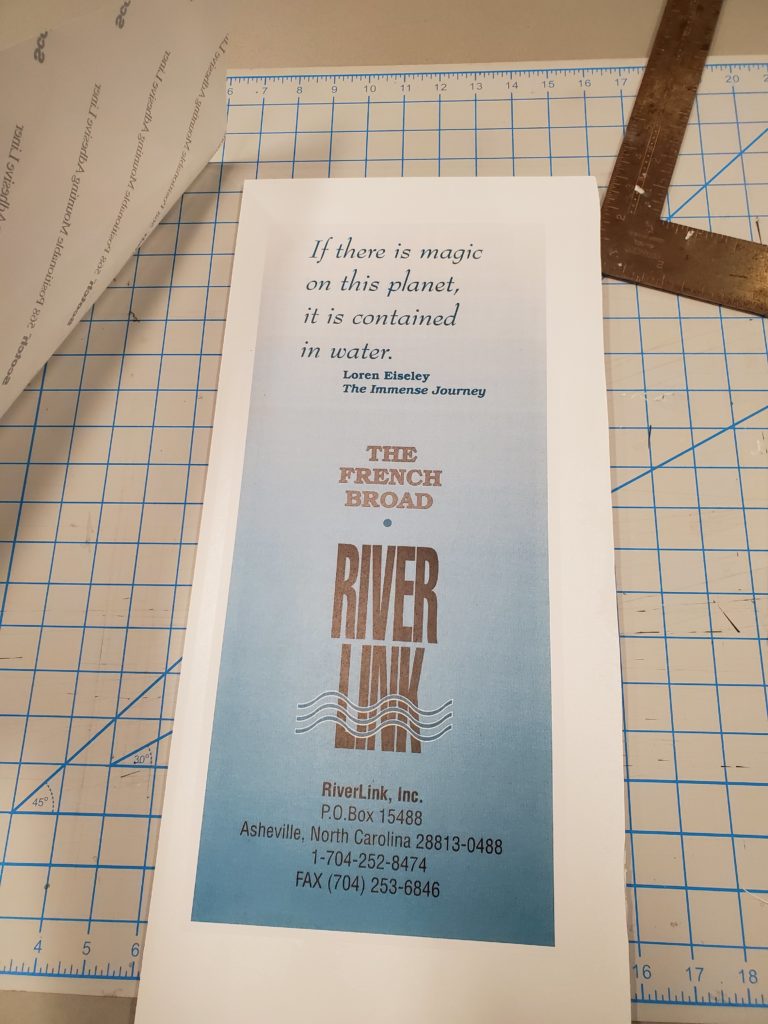
Another of RiverLink’s fundamental values is promoting clean water. In order to advance this project, they have adopted the practice of a “riverkeeper.” RiverKeepers were long employed in the British Isles and in the late 1990s, RiverLink added a fifth RiverKeeper to their program, specifically covering the French Broad River. This position was created in order to safeguard the French Broad and to act as a public advocate for clean water throughout the 5,000 mile watershed.
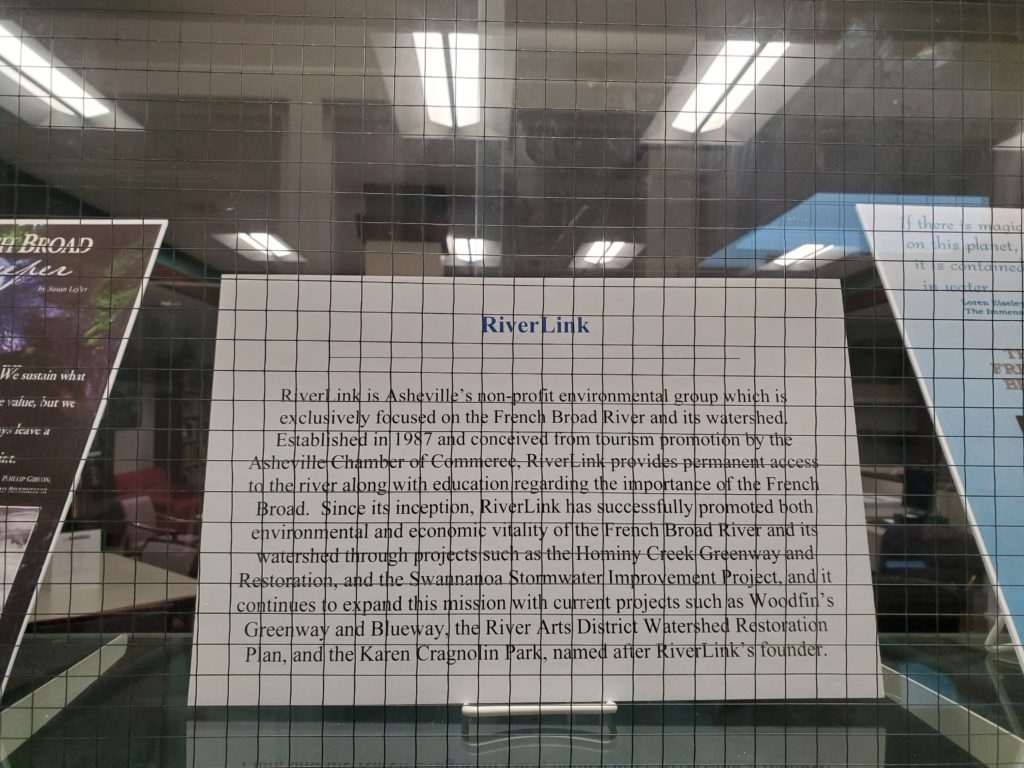
At UNC Asheville’s Special Collections, one of our core drivers is documenting the diverse culture and history of Asheville and Western North Carolina. Some of our strongest collections which help to tell this story are those with ties directly to the land. In recent years, our mission has expanded in order to encompass those collections which are of interest to our undergraduate researchers, scholars, and general users- including those collections with strong environmental ties to our beloved mountain region. RiverLink’s collection is a vibrant example of the history of environmental activism in this area, and we invite you to come take a closer look at both the exhibit and the collection itself!
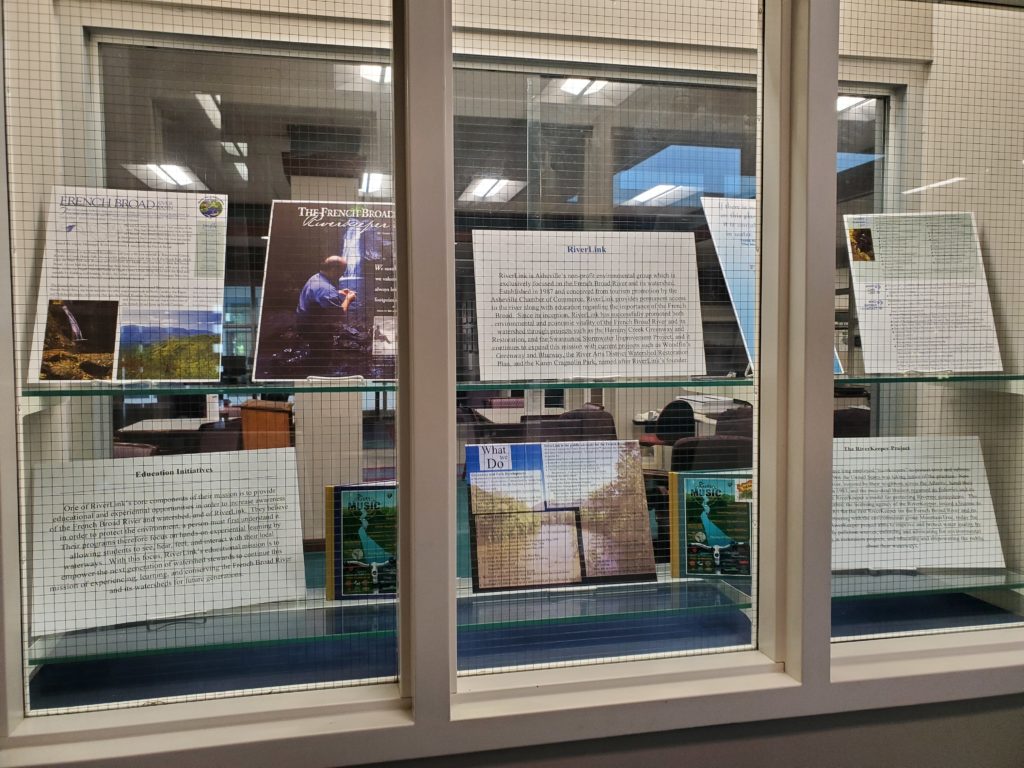
Sources:
RiverLink Papers, D.H. Ramsey Library, Special Collections, University of North Carolina Asheville, 28804.


